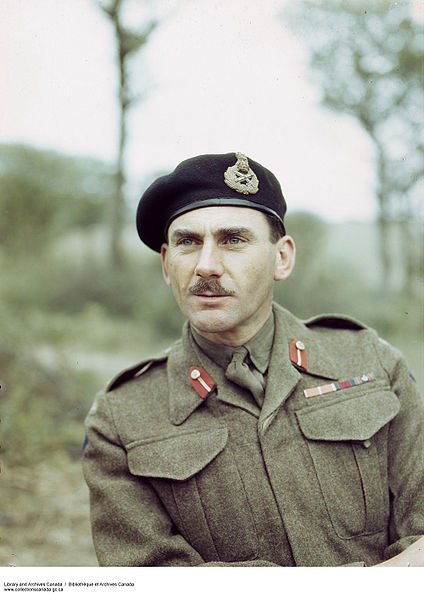Observance of Prohibition in the breech was also common amongst junior officers. While commanding tank battalions and living next door to one another in renovated barracks at Camp Meade, Maryland, Dwight Eisenhower and George Patton avidly partook in the new American pastime of making their own bootleg alcohol. Eisenhower distilled gin in an unused bathtub, while Patton brewed beer, storing it in a shed outside his kitchen. One summer evening there was a sudden noise outside the Pattons’ barracks that sounded like a machine gun, followed by a series of soft booms. As their cook began screaming, Patton instinctively dove for cover. When they realized it was merely the beer bottles exploding from the heat, he rose, sheepishly explaining how much it had sounded like hostile fire. His wife Beatrice “laughed and laughed and called him ‘her hero’ and he got very red.” Omar Bradley commanded an infantry battalion in the 27th Infantry Regiment in the 1920s and took advantage of the Hawaii Division’s leisurely pace of duty to play golf several times a week. At the end of one round, the 33-year-old teetotaler drank his first glass of whiskey, which he liked enough to make “a habit of having a bourbon and water or two (but never more) before dinner” for the rest of his life.
Benjamin Runkle, “‘What a Magnificent Body of Men Never to Take Another Drink’: The U.S. Army and Prohibition”, Real Clear Defense, 2019-01-16.
February 18, 2019
QotD: Patton and Prohibition
November 6, 2018
George Patton & Douglas MacArthur In World War 1 I WHO DID WHAT IN WW1?
The Great War
Published on 5 Nov 2018Check out Dessert Operations: http://bit.ly/TheGreatWar_DO
George S. Patton and Douglas MacArthur both served as senior officers in the First World War 1, a conflict that shaped their understanding of military strategy and tactics and formed them into the men that would become legends 20 years later.
December 27, 2014
Who should have been the allied commanders on D-Day?
Nigel Davies ventures into alternatives again, this time looking at who were the best allied generals for the D-Day invasion (for the record, he’s quite right about the best Canadian corps commander):
The truth is that any successful high command should maximise the chances of success of any campaign by choosing the ‘best fit’ for the job.
But that is not how generals were chosen for D Day.
(I would love to start with divisional commanders, but there are way too many, so for space I will start with Corps and Army commanders, and work up to the top).
The outstanding Canadian of the campaign for instance was Guy Simonds. Described by many as the best Allied Corps commander in France, and credited with re-invigorating the Canadian Army HQ when he filled in while his less successful superior Harry Crerar was sick, Simonds was undoubtedly the standout Canadian officer in both Italy and France.Lieutenant General Guy Simonds, commander of the 2nd Canadian Corps.
He was however, the youngest Canadian division, corps or army commander, and the speed of his promotions pushed him past many superiors. He was also described as ‘cold and uninspiring’ even by those who called him ‘innovative and hard driving’. It can be taken as a two edged sword that Montgomery thought he was excellent (presumably implying Montgomery like qualities?) But his promotions seemed more related to ability than cronyism, and his achievements were undoubted.
Should he have been the Canadian Army commander instead of Crerar? Yes. Arguments against were mainly his lack of seniority, and lack of experience. but no Canadian had more experience, and lack of seniority was no bar in most of the other Allied armies.
It comes down to the simple fact that the Allied cause would have been better served by having Simonds in charge of Canadian forces than Crerar.
Simonds was a brilliant corps commander and (at least) a very good army commander, but he had one fatal flaw: he was no politician. Harry Crerar was a very “political” general, and played the political game with far greater talent than any other Canadian general. That got him into his role as army commander and his political skills kept him there despite the better “military” options available.




